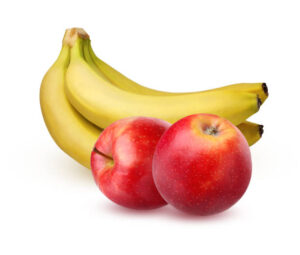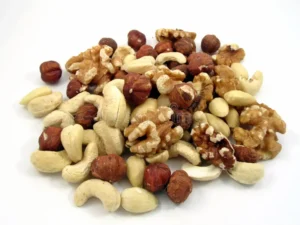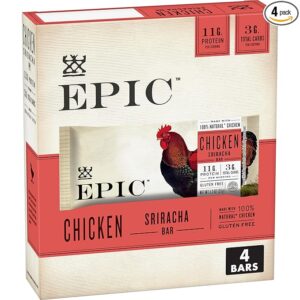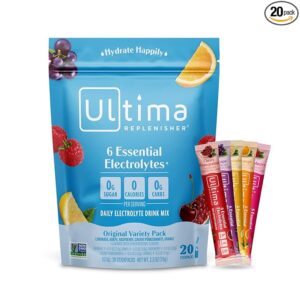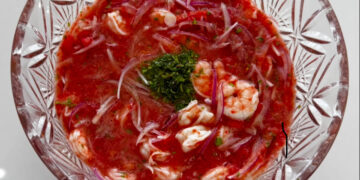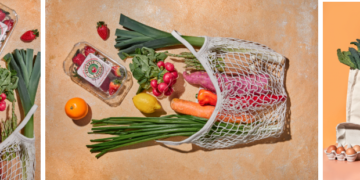Air travel, while exciting, can place significant stress on the body. From cabin pressure changes and recycled air to disrupted eating schedules and limited food choices, flying often leaves travelers feeling dehydrated, fatigued, and nutritionally depleted. Proper nourishment and hydration are essential to maintaining energy, supporting immunity, and feeling your best before, during, and after a flight.
This is why planning your in-flight snacks is more than a convenience—it’s an investment in your well-being. Here, Sha shares her curated list of healthy, travel-friendly snacks and supplements to help you fly smarter and stay nourished at 30,000 feet.
Why Hydration and Nutrition Matter When You Fly
The dry air inside airplane cabins—often with less than 20% humidity—leads to faster dehydration, which can affect everything from digestion to cognitive performance. Combine this with often low-quality, high-sodium in-flight meals and long periods of inactivity, and your body may struggle to stay in balance.
Bringing your own nutrient-rich snacks and hydration tools not only helps you avoid high processed airport foods, but also ensures you are fueling your body with the right nutrients to keep inflammation low, energy high, and digestion smooth.

Sha’s Smart Travel Essentials:
- Fresh, Easy-to-Carry Fruit
- Fruits like bananas, apples, and mandarins are perfect for travel. They’re durable, hydrating, and packed with fiber and antioxidants. You can also pack some berries and grapes in an airtight container!
- These fruits support digestion and provide a natural source of energy without added sugars.
- A Handful of Nuts
- Raw or dry-roasted nuts are a rich source of healthy fats, protein, and minerals like magnesium and zinc—critical for immune support.
- Choose almonds, cashews, or walnuts in small snack bags to keep hunger at bay.
- Clean-Ingredient Protein Jerky
- For a savory, protein-packed option, try this clean-ingredient jerky: SHOP HERE
- It’s an easy way to support muscle maintenance and feel satiated without relying on processed airport fare.
- Stay Hydrated with Electrolytes
- Bring electrolyte packets to mix with water for extra hydration: SHOP HERE
- They help replenish sodium, potassium, and magnesium—especially important on long or international flights.
- Collagen Protein Packets
- For a boost of 10g of clean protein, pack individual collagen packets: SHOP HERE
- Collagen supports joint health, skin hydration, and tissue repair—ideal for counteracting travel stress.
- Sha’s wellness hack: Add a pack of collagen to your tea or coffee, the protein in collagen will balance glucose spikes from your fruit snack.
- Single-Serve Protein Powder
- Travel-sized protein powder packets are a convenient way to ensure you’re getting enough daily protein: SHOP HERE
- Mix with water or add to a smoothie post-arrival for easy nourishment.
- Sha’s Wellness hack: Pack 1/4 of oats + 1 TBSP of flaxseeds, ask for some hot water and add in the protein packet. Mix well and enjoy these high protein snack!
- Digestive Enzymes
- Travel can take a toll on digestion. Support your gut with digestive enzymes, especially if indulging in new or richer foods: SHOP HERE
- These can help break down fats, proteins, and carbs for better nutrient absorption.
- Oil of Oregano Capsules
- Flying exposes you to shared air and close quarters. Oil of oregano is a natural antimicrobial known for immune support: SHOP HERE
- A powerful travel companion to help protect against unwanted pathogens.
- Sha’s wellness hack: Support your gut and immmunity with oregano while traveling.
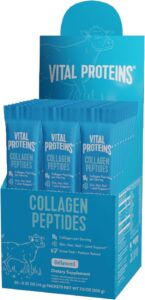
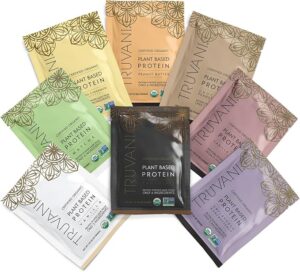
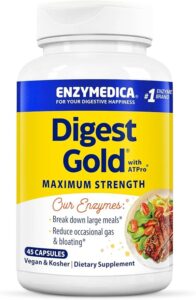
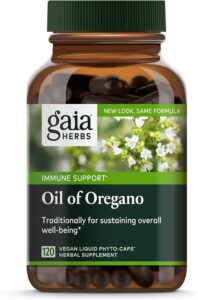
Travel doesn’t have to derail your health goals. With a little preparation and the right selection of nutrient-dense snacks and supplements, you can land feeling energized, nourished, and ready to enjoy your destination.
By following Sha’s Airport Snack Picks, you’re not just curating a healthier travel experience—you’re honoring your body’s needs in an environment that often makes that difficult. Happy travels and stay well, wherever you’re headed!
Source of information: The medical and health-related content on this website is based on information sourced from trusted platforms including WebMD, MedlinePlus (U.S. National Library of Medicine), the U.S. Food and Drug Administration (FDA), and Healthline.com. These sources are regularly consulted to ensure the accuracy and reliability of the information provided. However, this content is for informational purposes only and should not be considered a substitute for professional medical advice, diagnosis, or treatment.



